Adornos writings published by Polity Press
The posthumous works
Beethoven: The Philosophy of Music
Introduction to Sociology
Problems of Moral Philosophy
Metaphysics: Concept and Problems
Kants Critique of Pure Reason
Other works by Adorno
Theodor W. Adorno and Walter Benjamin, The Complete Correspondence 19281940
Copyright this translation Polity Press 2000
First published in Germany as Metaphysik: Begriff und Probleme Suhrkamp Verlag 1998.
First published in 2000 by Polity Press in association with Blackwell Publishers Ltd
First published in paperback in 2001
Published with the assistance of Inter Nationes.
Editorial office:
Polity Press
65 Bridge Street
Cambridge CB2 1UR, UK
Marketing and production:
Blackwell Publishers Ltd
108 Cowley Road
Oxford OX4 1JF, UK
All rights reserved. Except for the quotation of short passages for the purposes of criticism and review, no part of this publication may be reproduced, stored in a retrieval system, or transmitted, in any form or by any means, electronic, mechanical, photocopying, recording or otherwise, without the prior permission of the publisher.
Except in the United States of America, this book is sold subject to the condition that it shall not, by way of trade or otherwise, be lent, re-sold, hired out, or otherwise circulated without the publishers prior consent in any form of binding or cover other than that in which it is published and without a similar condition including this condition being imposed on the subsequent purchaser.
ISBN 0-7456-2275-5
ISBN 0-7456-2900-8 (pbk)
A catalogue record for this book is available from the British Library.
LECTURE ONE
11 May 1965
When I announced these lectures, I gave the title as Metaphysics and the subtitle as Concept and Problems. The subtitle was not chosen without a good deal of thought, as the concept of metaphysics already raises considerable difficulties. And I will tell you straight away that it is my intention first to discuss the concept of metaphysics, and then to talk paradigmatically about specific metaphysical problems indeed, it cannot be otherwise. And I shall present these problems in the context in which I have encountered them in my own dialectical work. It can undoubtedly be said that the concept of metaphysics is the vexed question of philosophy. On one hand, philosophy owes its existence to metaphysics. That is to say that metaphysics if I might first borrow the standard philosophical language, although I may later replace it by something else deals with the so-called last things on account of which human beings first began to philosophize. On the other hand, however, the situation of metaphysics is such that it is extremely difficult to indicate what its subject matter is. This is not only because the existence of this subject matter is questionable and is even the cardinal problem of metaphysics, but also, even if the existence or non-existence of its subject matter is disregarded, because it is very difficult to say what metaphysics actually is. Today metaphysics is used in almost the entire non-German-speaking world as a term of abuse, a synonym for idle speculation, mere nonsense and heaven knows what other intellectual vices.
It is not only difficult, therefore, to give you a preliminary idea of what metaphysics is, as those of you who are studying individual disciplines will no doubt already have been told; but, as I said, it is very difficult even to define its subject with any precision. I recall my own early experience as a schoolboy when I first came across Nietzsche, who, as any of you who are familiar with his work will know, is not sparing in his complaints about metaphysics; and I remember how difficult I found it to get my bearings with regard to metaphysics. When I sought the advice of someone considerably older than myself, I was told that it was too early for me to understand metaphysics but that I would be able to do so one day. Thus, the answer to the question about the subject matter of metaphysics was postponed. That is an accident of biography, but if we look at metaphysical systems or philosophies themselves, we cannot escape the suspicion that what happens in them is not so very different to what was expressed in that piece of advice. I mean that the whole, immeasurable effort of philosophy, which once saw itself as preliminary work to metaphysics, a propaedeutic, has become autonomous and has replaced it. Or, when philosophy finally concerns itself with metaphysics itself, we are consoled, as in Kant, for example, with endless possible answers to the metaphysical questions. And then, instead of being given an answer to these questions if I can express it from the standpoint of metaphysics we are given considerations on whether we have the right to pose those metaphysical questions at all. So that the naive postponement and procrastination that I experienced is not really so accidental; it seems to have something to do with the subject matter itself, and especially with the general procedure which philosophy adopts in relation to metaphysics which still takes the Kantian form of a progressus ad infinitum, an infinite, or indefinitely continuing progression of knowledge, from which it is to be hoped that, at a time which will never arrive, the so-called basic metaphysical questions will finally have been resolved.
I mentioned Nietzsche. In his work the concept of metaphysics often crops up in the form of a joke, which, however, contains a first approximation of what actually is to be understood by metaphysics. He talks of the Hinterwelt the back-world and calls those who concern themselves with metaphysics, or even practise or teach it, Hinterweltler I shall just mention this fact in passing. I believe this line of thought will take us a very long way, but I can only offer a prelude to it here.
What can be said at once, however, is that no philosophical metaphysics has ever been concerned with spirits in the sense of existing beings, since metaphysics from the first that is, from Plato or Aristotle has protested against and distinguished itself from precisely the idea of something existing in the sense of crude facticity, in the sense of the scattered individual things which Plato calls  . Incidentally, I shall have something to say very soon on the question whether metaphysics began with Plato or with Aristotle. It may be that there are certain metaphysical directions which are called spiritualistic that of Berkeley, for example, or (with major qualifications) of Leibniz, although the Leibnizian monad is not so absolutely separate from actual, physical existence as has been taught by the neo-Kantian interpretation of Leibniz. But if spiritualistic tendencies exist in philosophy, in metaphysics, and if it has been argued that the Irish Bishop Berkeley, who might be said to have been at the same time an extreme empiricist and an extreme metaphysician, really taught only the reality of spirits, these are not to be understood as spirits in the ordinary sense, but as purely intellectual entities determined by mind alone, on which everything actual is founded. It is not possible to ascribe to them the kind of factual existence with which they are endowed, prior to criticism or even reflection, by occultism and spiritualism in their various guises. I believe, therefore, that you would do well to exclude straight away from metaphysics any such idea of actually existing entities which could be experienced beyond our empirical, spatial-temporal world or at least to exclude them as far as the philosophical tradition of metaphysics is concerned.
. Incidentally, I shall have something to say very soon on the question whether metaphysics began with Plato or with Aristotle. It may be that there are certain metaphysical directions which are called spiritualistic that of Berkeley, for example, or (with major qualifications) of Leibniz, although the Leibnizian monad is not so absolutely separate from actual, physical existence as has been taught by the neo-Kantian interpretation of Leibniz. But if spiritualistic tendencies exist in philosophy, in metaphysics, and if it has been argued that the Irish Bishop Berkeley, who might be said to have been at the same time an extreme empiricist and an extreme metaphysician, really taught only the reality of spirits, these are not to be understood as spirits in the ordinary sense, but as purely intellectual entities determined by mind alone, on which everything actual is founded. It is not possible to ascribe to them the kind of factual existence with which they are endowed, prior to criticism or even reflection, by occultism and spiritualism in their various guises. I believe, therefore, that you would do well to exclude straight away from metaphysics any such idea of actually existing entities which could be experienced beyond our empirical, spatial-temporal world or at least to exclude them as far as the philosophical tradition of metaphysics is concerned.

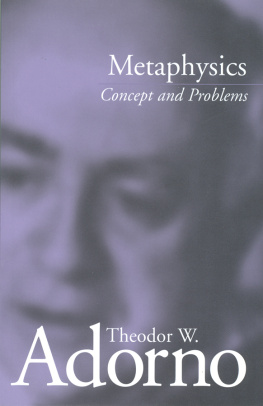

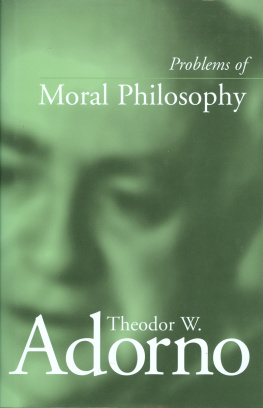
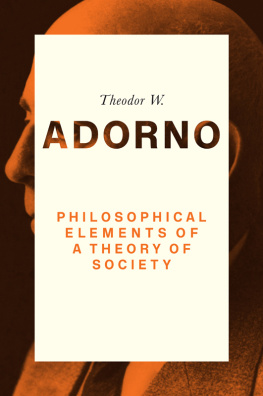
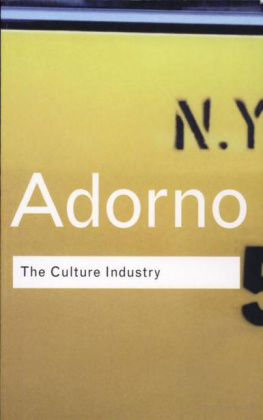
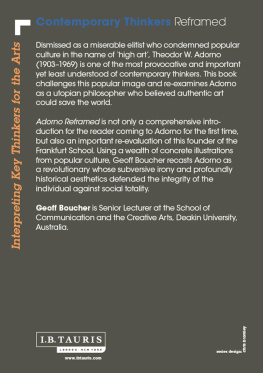
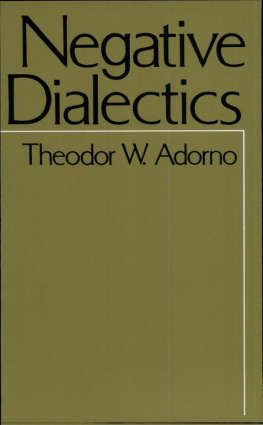


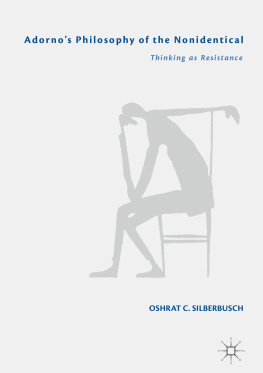
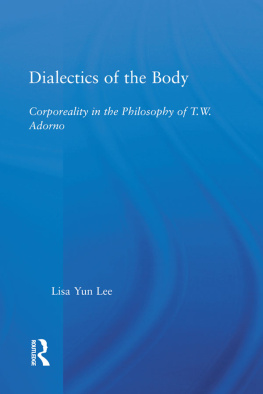
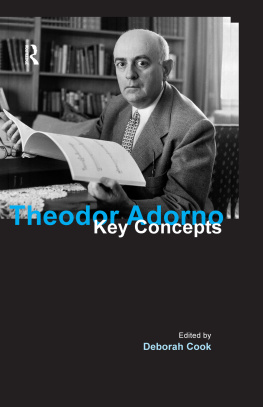


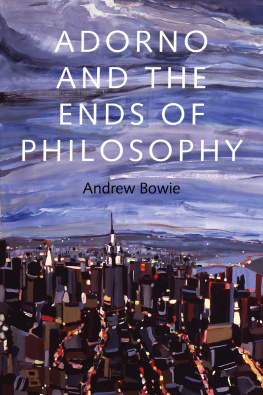


 . Incidentally, I shall have something to say very soon on the question whether metaphysics began with Plato or with Aristotle. It may be that there are certain metaphysical directions which are called spiritualistic that of Berkeley, for example, or (with major qualifications) of Leibniz, although the Leibnizian monad is not so absolutely separate from actual, physical existence as has been taught by the neo-Kantian interpretation of Leibniz. But if spiritualistic tendencies exist in philosophy, in metaphysics, and if it has been argued that the Irish Bishop Berkeley, who might be said to have been at the same time an extreme empiricist and an extreme metaphysician, really taught only the reality of spirits, these are not to be understood as spirits in the ordinary sense, but as purely intellectual entities determined by mind alone, on which everything actual is founded. It is not possible to ascribe to them the kind of factual existence with which they are endowed, prior to criticism or even reflection, by occultism and spiritualism in their various guises. I believe, therefore, that you would do well to exclude straight away from metaphysics any such idea of actually existing entities which could be experienced beyond our empirical, spatial-temporal world or at least to exclude them as far as the philosophical tradition of metaphysics is concerned.
. Incidentally, I shall have something to say very soon on the question whether metaphysics began with Plato or with Aristotle. It may be that there are certain metaphysical directions which are called spiritualistic that of Berkeley, for example, or (with major qualifications) of Leibniz, although the Leibnizian monad is not so absolutely separate from actual, physical existence as has been taught by the neo-Kantian interpretation of Leibniz. But if spiritualistic tendencies exist in philosophy, in metaphysics, and if it has been argued that the Irish Bishop Berkeley, who might be said to have been at the same time an extreme empiricist and an extreme metaphysician, really taught only the reality of spirits, these are not to be understood as spirits in the ordinary sense, but as purely intellectual entities determined by mind alone, on which everything actual is founded. It is not possible to ascribe to them the kind of factual existence with which they are endowed, prior to criticism or even reflection, by occultism and spiritualism in their various guises. I believe, therefore, that you would do well to exclude straight away from metaphysics any such idea of actually existing entities which could be experienced beyond our empirical, spatial-temporal world or at least to exclude them as far as the philosophical tradition of metaphysics is concerned.